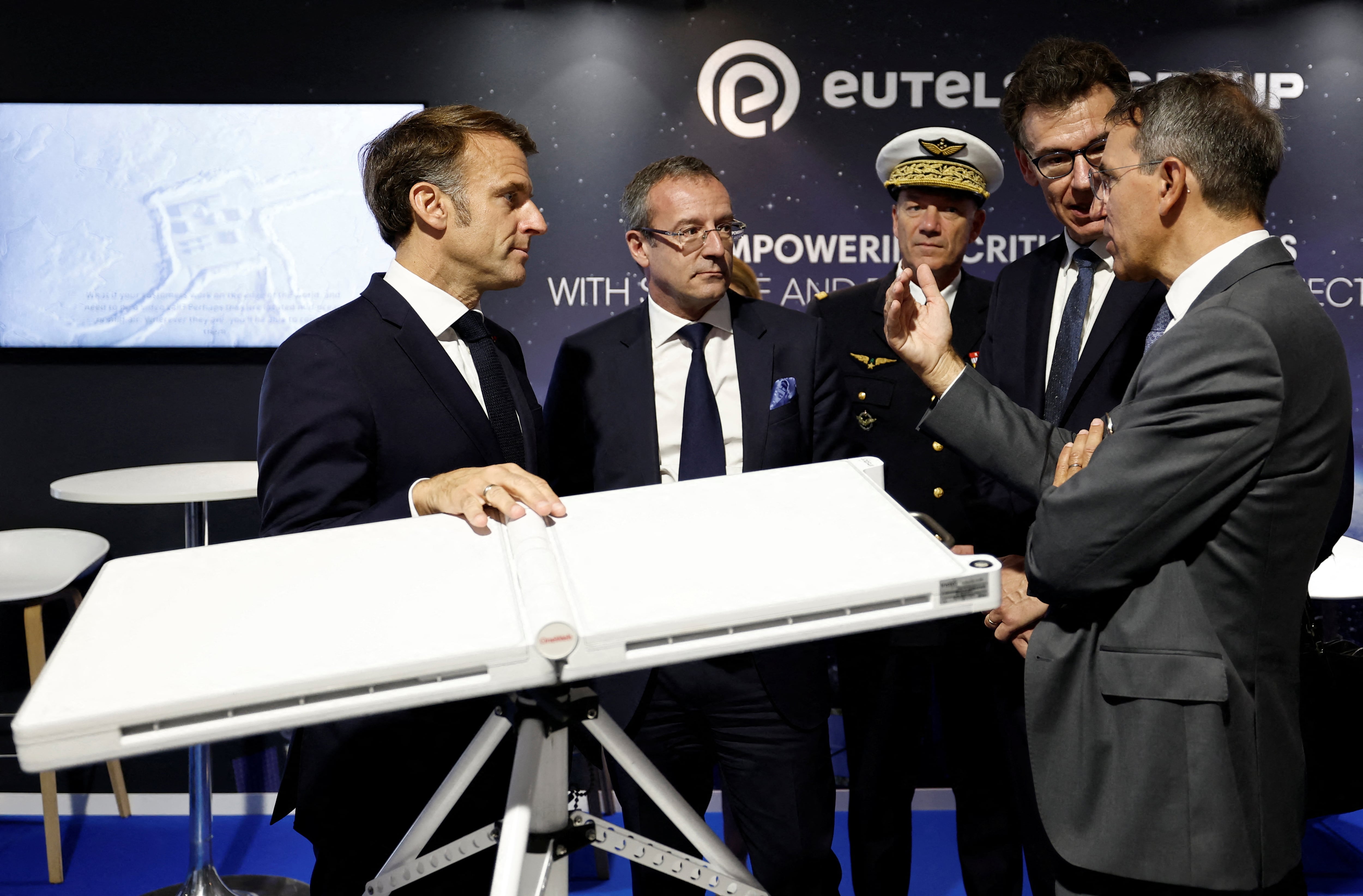Winning the next conflict against a highly sophisticated adversary will require speed of information and movement. This means forces will need both data on demand and systems that won’t weight them down on the battlefield.
For the Marine Corps, this means deploying its network for forces that will have to move quickly on the ground.
“We are learning to deploy the [Marine Corps Enterprise Network] MCEN forward. No longer will be able to deliver tactical networks and reach back into a garrison network,” Lt. Gen. Lori Reynolds, deputy commandant for information, said Oct. 7 at an AFCEA-hosted event in Tysons Corner, Virginia. “We have to be able to be mobile.”
She noted that when she deployed to Fallujah, Iraq, years ago, she knew they weren’t going to have to move anywhere.
“We buried the cable, we buried the fiber and stayed there for five years — those days are gone,” Reynolds said. “What we have to learn to do is maneuver the network. We have to learn how to think about mobility as a tool in this war-fighting construct that we have to come up with on the network. Mobile, ad-hoc, software-defined is where we have to go.”
Reynolds and deputy CIO Ken Bible both explained that the network and cloud can’t just support forces at garrison.
“We don’t have time to go configure different networks or different clouds when we go out the door. We learned that for the last 15 years. We’ve been able to go land on fixed infrastructure,” Bible said at the same event.
The cloud, Bible said, will enable forces to get more information and be more mobile; however, the Marine Corps needs to be able to take advantage of advancements in tactical cloud technology.
This allows the force to “actually take pieces of the cloud with us,” Bible said, and advances in technology allowing for applications to be shrunk means it takes up less space and Marines don’t need as much equipment to take with them.
“That all has relevance when we start talking about the future fight against a peer competitor in a very large battlespace,” Bible said.
Assisting this transition to a smaller hardware footprint is the determination that forces in the field don’t need all information.
“I don’t need email at infantry squad. But I need an ability for secure, single sign-on that enables data delivery and enables long-range targeting and fires,” Reynolds said.
Mark Pomerleau is a reporter for C4ISRNET, covering information warfare and cyberspace.








